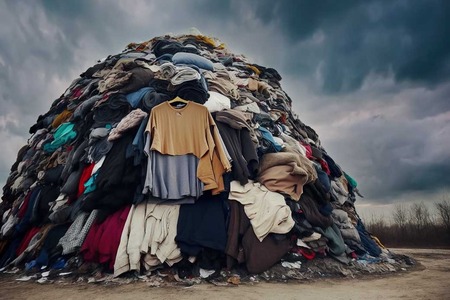
Hagan’s bill extending textile incentives facing challenge to attract co-sponsors
YarnsandFibers News Bureau 2014-03-19 09:30:00 – USAU.S. Sen. Kay Hagan, D-N.C., supporter of federal laws that support the domestic textile industry is trying to gather support for a bill introduced Extending Incentives for Exporting American Textiles Act on Dec 20. Although the bill supports both apparel and textile makers, it has been facing challenge to attract co-sponsors to the legislation and has not moved out of finance committee, as the U.S. textile industry does not have the prominent presence it once did.
Hagan supports extending the incentives because it makes U.S. yarns, particularly those made and exported from North Carolina, a more attractive cost choice for apparel manufacturers.
Under the program, apparel makers exporting U.S. fabrics made from U.S. yarn into Nicaragua can also send back to the U.S. duty free certain types of apparel containing fabric that did not originate from the Dominican Republic-Central American region. Clothing listed in the bill includes certain types of woven trousers, breeches and shorts.
To qualify as made in U.S., the fabric and/or yarn has to be woven in the U.S. from fibers or yarns spun or extruded in the U.S. Dyeing, printing and finishing also must be performed domestically.
This bill will also protect good-paying textile jobs and give yarn and apparel manufacturers a long-range roadmap to work with rather than just dealing with a series of one-year extensions.
The DR-CAFTA deal took effect in January 2006, allowing yarn made in the U.S. or any CAFTA country and fabrics woven in those countries to be brought into the United States duty-free. DR-CAFTA countries are Costa Rica, the Dominican Republic, El Salvador, Guatemala, Honduras and Nicaragua.
Nicaragua was given more production flexibility than the other CAFTA countries because its fledgling textile industry trails the others. CAFTA opponents were concerned that the deal will allow nonmember countries, particularly China, to supply excess textile components through a special agreement with Nicaragua.
Hagan’s bill will allow companies to gain the duty-free status through earning an “import allowance certificate for the amount of credit equal to the total square meter equivalents of fabric in such eligible apparel articles.
North Carolina workers especially, and other U.S.-based cotton growers, yarn spinners, fabric makers, apparel manufacturers, and brands, as well as retailers and their customers, all win under this bill.
The exemption can include fabric from other countries, such as China.
Market Intelligence
Ask for free sample Report

experience
Customer Base
dedicated team
Countries Served Worldwide









